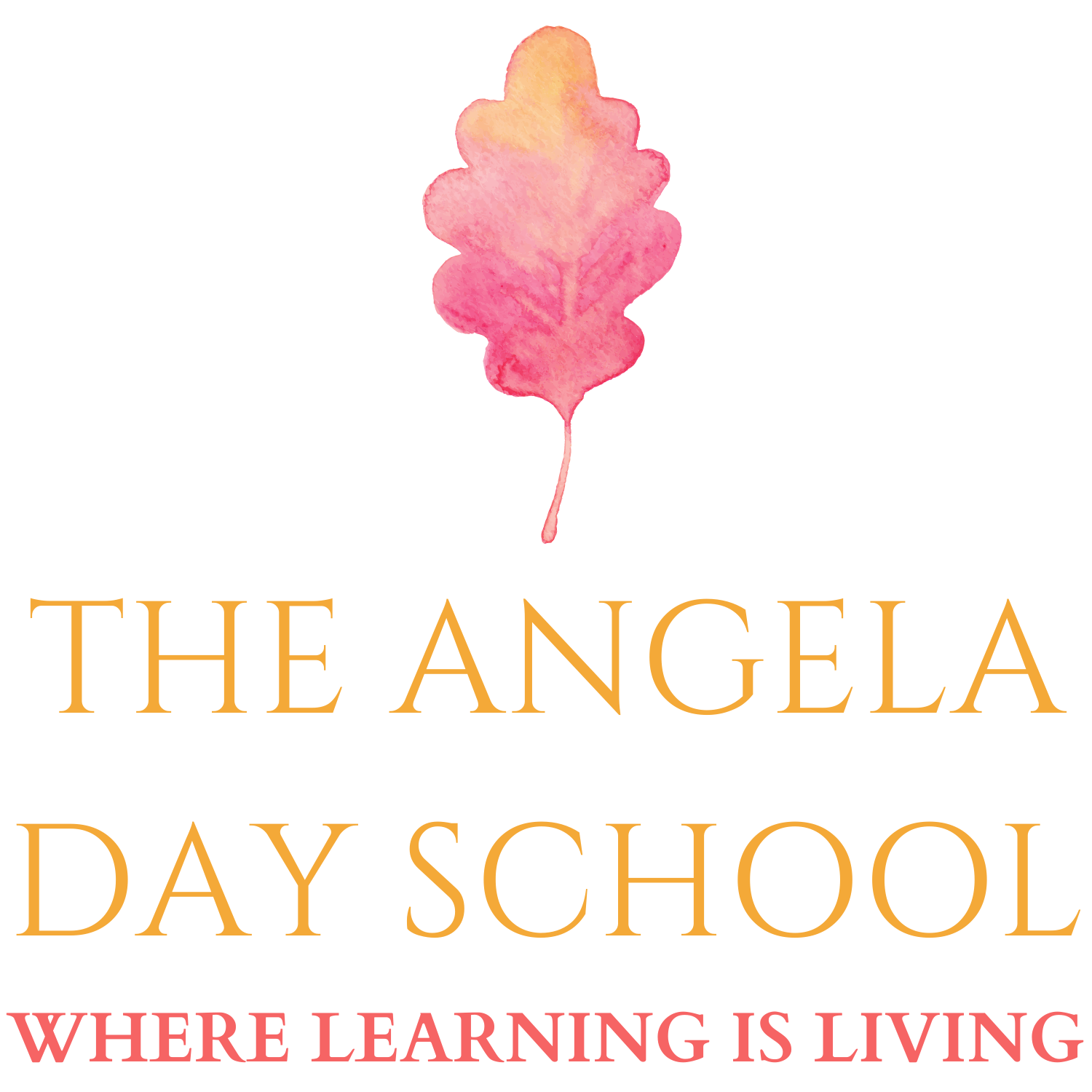
What is Holistic Education?
A look into the theoretical underpinnings of our educational approach
For us, holistic education takes the best theories of education from progressive education, like Montessori, Steiner Education, Dewey Progressive Education, and Reggio Emilia, combines it with critical theories and contemporary research about how children learn, and structures it using a comprehensive approach to learning that educates the head, heart, and hands of every child. Holistic education isn’t just one approach to progressive education. It is a comprehensive approach.
Principles of Holistic Education
The following principles of holistic education serve as the standards that influence our policies and practices. They are the central tenants of holistic education as it is practiced in our school.
“To educate as the practice of freedom is a way of teaching that anyone can learn. That learning process comes easiest to those of us who teach who also believe that there is an aspect of our vocation that is sacred; who believe that our work is not merely to share information but to share in the intellectual and spiritual growth of our students. To teach in a manner that respects and cares for the souls of our students is essential if we are to provide the necessary conditions where learning can most deeply and intimately begin.
-bell hooks, Teaching to Transgress
1 Recognizing that each child is a unique individual informs every aspect of the school culture, curriculum, and teaching practices.
We believe that each child is a unique human being embodying specific qualities that inform how they move throughout the world. Being comprised of a body, mind, and spirit, holistic education helps to nurture and awaken the physical, emotional, intellectual, creative, and social capabilities of each student as they grow and develop.
2 Educating students in the principles of antiracism and social justice for the purpose of cultivating stewards of humanity devoted to promoting social renewal.
James Baldwin once said, "The paradox of education is precisely this: that as one begins to become conscious one begins to examine the society in which he is being educated." Holistic education with a focus on antiracism serves to foster independent thought and critical minds. Challenging children to constantly examine their surroundings. Providing the support to develop the fortitude of mind, strength of will, and depth of feeling for one's community to challenge social wrongs and promote change. All humans have the capacity to promote social renewal and change. Our educational program is designed to fortify each student's ability to do the same.
3 The educational program is structured to meet the developmental stage of each student.
We derive our understanding of child development from the stages of development laid out by Rudolf Steiner. The stages of development are divided into three, each approximately seven years: birth to age 7 or early childhood, 7 to age 14 or middle childhood, and 14 to age 21 or early adolescence. How children see and experience the world differs and changes depending on their stage of development. In early childhood, children are soaking up their world through their senses and create knowledge through imitating the world around them. In middle childhood, children's learning is shaped by their feelings and through a desire to create. In early adolescence, children begin to develop a critical intellect and examine the world through a critical lens.
The educational program is structured using this understanding of development. With play at the center of the early childhood program, a focus on maintaining rhythm, a strong mentoring relationship between students and mentor-teachers, a centering of the arts and artistic development, and the practice of learning through doing.
4 The cultivation of personal relationships drives school culture and supplements the health of the community.
Personal relationships are at the heart of our learning program. Mentor-teachers work to develop deep bonds with students offering their support as mentors and guides. The role of each mentor-teacher is to meet and support the individual needs of each student and to cultivate a collective sense of community through shared responsibility and collaborative group work. This relationship is further strengthened as mentor-teachers stay with their class for two years, creating a greater sense of trust and endearment.
5 Collective shared responsibility and leadership through democratic consensus are the foundation of school governance.
The Angela Day School is a democratically run school, where every community member has a say in the operation of the school. Parents make up a majority of the school board which oversees the fiscal viability and management of the school. Mentor-teachers and administrative leadership oversee the creation and implementation of the learning program and operation of the school. Students provide input through the student council and board representation. All decisions are by majority consensus and no one voice is more important than another. Everyone's input is valued and essential to ensuring the representation and input of all community members.
6 Faculty and staff are engaged in regular personal reflection of themselves and their work as a part of ongoing personal and professional growth.
bell hooks once wrote in Teaching to Transcend, "Progressive, holistic education, ‘engaged pedagogy’ is more demanding than conventional critical or feminist pedagogy. For, unlike these two teaching practices, it emphasizes well-being. That means teachers must be actively committed to a process of self-actualization that promotes their own well-being if they are to teach in a manner that empowers students. Thich Nhat Hanh emphasized that ‘the practice of a healer, therapist, teacher or any helping professional should be directed toward his or herself first, because if the helper is unhappy, he or she cannot help many people.’” Educators are regularly engaged in personal reflection doing both introspective work and evaluating their teaching practices. This happens in collaborative spaces in the form of self-study and somatic work and is supported through targeted professional development and opportunities for continuous research.
7 Educators are respected as professionals with the freedom to amend and change their teaching practices and curricular offerings in accordance to the needs of their students and the shared mission and vision of the school.
As a laboratory and teacher - led school, mentor-teachers are afforded the space to hone their craft and make adjustments to the curricular offerings depending on the needs of their students. These changes are always made with specific consideration to the mission and vision of the school, where mentor-teachers strive to keep their teaching practices in alignment with the mission and purpose of the school.
8 Educators strive to educate as a practice of freedom with the intent to disrupt the picture of what society deems normal through critical awareness and active engagement.
Our educational program is focused on more than the act of teaching students how to learn. Mentor-teachers are engaged in the hard but necessary work of helping students think freely and deeply about the world and our connection to it and each other. This happens because mentor-teachers see disruption and modeling critical awareness as one of their primary roles for students. They understand that deep thinking and a willingness to be vulnerable are essential to support, as bell hooks says, "the intellectual and spiritual growth of our students."
9 A focus on nature and our connection with the natural world remains centered in all aspects of the school community and learning program.
Mentor-teachers model a deep reverence for nature and draw attention to the deep social harms that occur when the environment is harmed. This focus is featured in the school curriculum, the use of outdoor classrooms, and the farm which serves as a laboratory space for learning.

Holistic Education in Practice
What Holistic Education Looks Like in Practice
1
Nurtures the inner spirit of each individual child though a developmentally aligned curriculum, Where each child is able to develop in their own unique way.
2
Cultivates healthy social, emotional and physical intelligence and a dedication to lifelong learning which sets the foundation for the development of the whole child
3
Offers a rich artistic curriculum that weaves throughout the curricular offerings and enriches the learning experience
4
Builds a deep resonance with nature through nature awareness and a commitment to environmental justice
5
Cultivates healthy supportive relationships and a commitment to community
6
Cultivates a deep appreciation for antiracist principles resulting in students engaged in a relentless pursuit of social justice.

Our Fundamental Beliefs
The Glue that Holds it All Together
“Give the pupils something to do, not something to learn; and the doing is of such a nature as to demand thinking; learning naturally results.”
- John Dewey
Our system of holistic education is anchored by these fundamental beliefs
We Believe…
Learning should be active and children should be active participants in their learning.
Each student and therefore each group of students is unique, so mentor-teachers look to their students to shape the direction and focus of each class.
Quoderat Demonstradum or less is more. We believe students learn best when they study less content, and instead study that content in more depth.
Education should be collaborative. Relationships are fundamentally important to learning.
We believe rhythm and routine are important in daily life. Rhythm is important for supporting the growth and development of children.
Learning is not a race. Each child develops at their own pace and it is our responsibility to meet them where they are.
A democratically run school is essential to creating socially aware and invested citizens.
We have a moral responsibility to each other and our community.
Antiracist critical thinking and practices must be actively taught to develop antiracist individuals.
Education should be developmentally appropriate and tailored to meet the children at each stage of development.
Connection to nature is fundamental to healthy human development.























